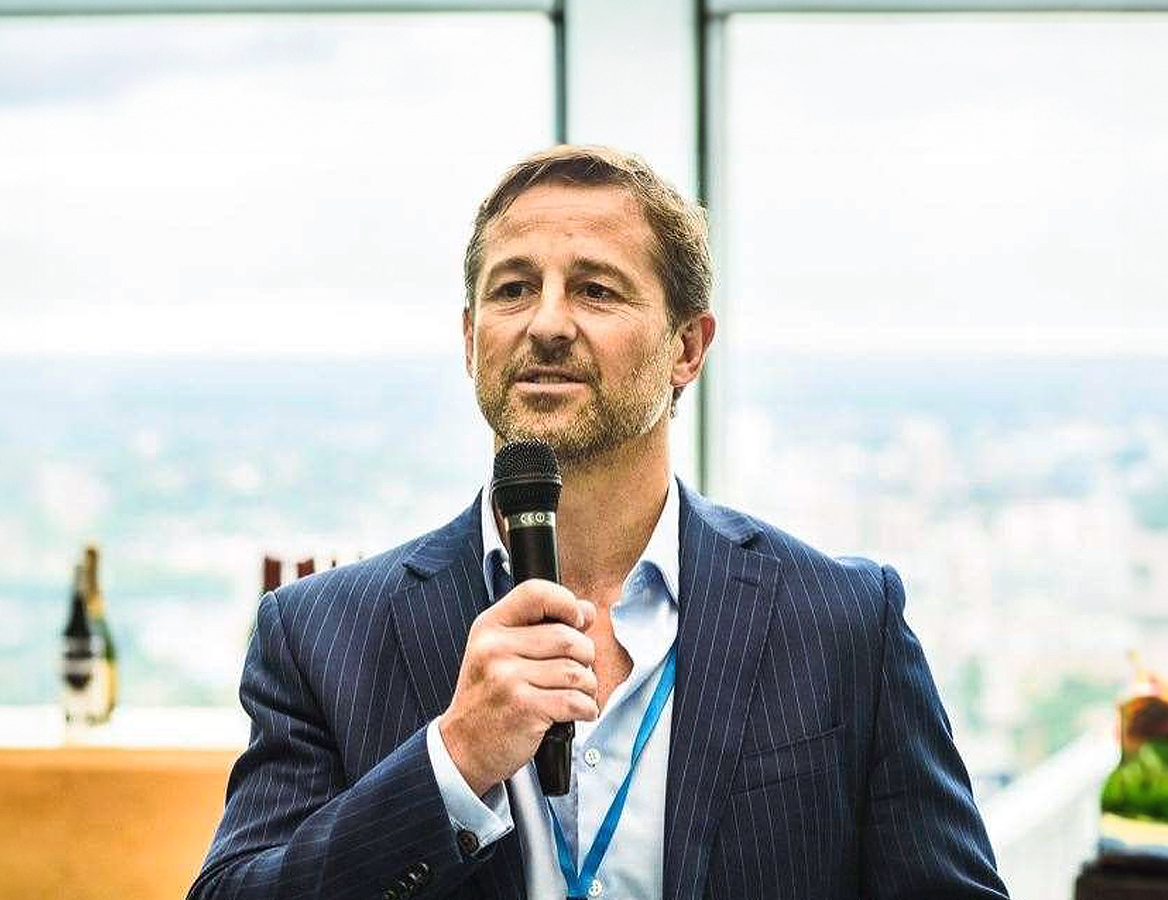International E-Waste Awareness Day is on 14 October.
But as e-waste is one of the fastest-growing environmental issues facing the world, the reality is that every single day, e-waste has an impact.
The UN estimates that over 57 million tonnes of e-waste is generated globally every year. 80% either ends up in landfill or is informally recycled.
According to the International WEEE forum, 505 million laptops or tablets will be discarded this year – the equivalent of 609,000 tonnes which is seven times the weight of the Taj Mahal.
That is why the award-winning UK company n2s, which specialises in sustainable Technology Lifecycle Management (TLM) is supporting businesses to tackle the problem in the best way possible.
The n2s team sustainably processes more than 250,000 items of business e-waste annually. They are experts in moving technology such as data centre relocation, de-installation and installation, de-racking and re-racking, and office moves. This includes unwanted IT at every stage of its lifecycle – from brand-new-in-box to obsolete legacy equipment sitting dormant. This week they are supporting one of their communications customers with a ‘tech amnesty’ to help them dispose of their unused old tech in a sustainable and data-secure way.
Mimi Moll, IT and Telecoms Sustainability Lead at N2S, explains:
“We are in the midst of a digital revolution and we have a culture of use and then ‘throw away’ – but when a device is no longer used the materials don’t just disappear. Those materials are still valuable and very much needed.
“That is why at n2s we are aiming for an infinite technology lifecycle. Meaning that ‘old’ or ‘unused’ tech within business is reused, recycled, or sustainably mined for the precious and rare earth metals found within.
“When we talk about waste, that’s the devices hoarded away in a cupboard, in an unused office space, or those cables coiled up in a drawer. All of these items can be reused and repurposed. They just need to be handled and managed in the right way.
“Unused technology has no end to its life. As everything has to go somewhere. We’re managing the lifecyle of tech correctly to help eliminate health risks, data breaches and the devastating impact on the earth’s precious resources.”
In some devices, up to 60 elements can be found and that includes materials needed to develop technologies crucial to modern tech and the digital revolution. It is estimated that as much as 7% of all the world’s gold is trapped in mountains of e-waste.
The WHO estimates that almost 13 million women and more than 18 million children and adolescents are working in the informal e-waste sector, which potentially exposes them to harmful e-waste chemicals including methane, thermal 1000 degrees and acid-burning techniques.
Mimi, continues:
“Our passion for sustainability means we have also recognised the need for a better solution for the recovery of metals from printed circuit boards (PCBs). This led to the development of our proprietary bioleaching processes, which harnesses the power of naturally occurring bacteria to enable the “urban mining” of metals in a more sustainable and caring way.”
Not only are precious metals trapped in e-waste but personable and confidential data is too. Under GDPR law, businesses that fail to protect confidential data can be fined up to 4% of their annual global revenues. So the estimated 5000 tonnes of business electricals being fly tipped (according to Material Focus report Business Electrical Waste – Challenges And Opportunities, July 2022) is dangerous to the habitat but could be detrimental to our data security.
Mimi concludes:
“Our data sanitisation and destruction processes at n2s include a complete, auditable chain-of-custody as we can provide erasure/destruction reports for every piece of legacy IT we handle, from start to finish. This ensures businesses remain legally compliant while disposing of unwanted or legacy IT.”
Over the last two years n2s have been awarded with national accolades for their approach to e-waste this includes Digital Leaders, BusinessGreen and Go-Tech awards.
They are now focused on scaling up their services to have a greater global impact.




